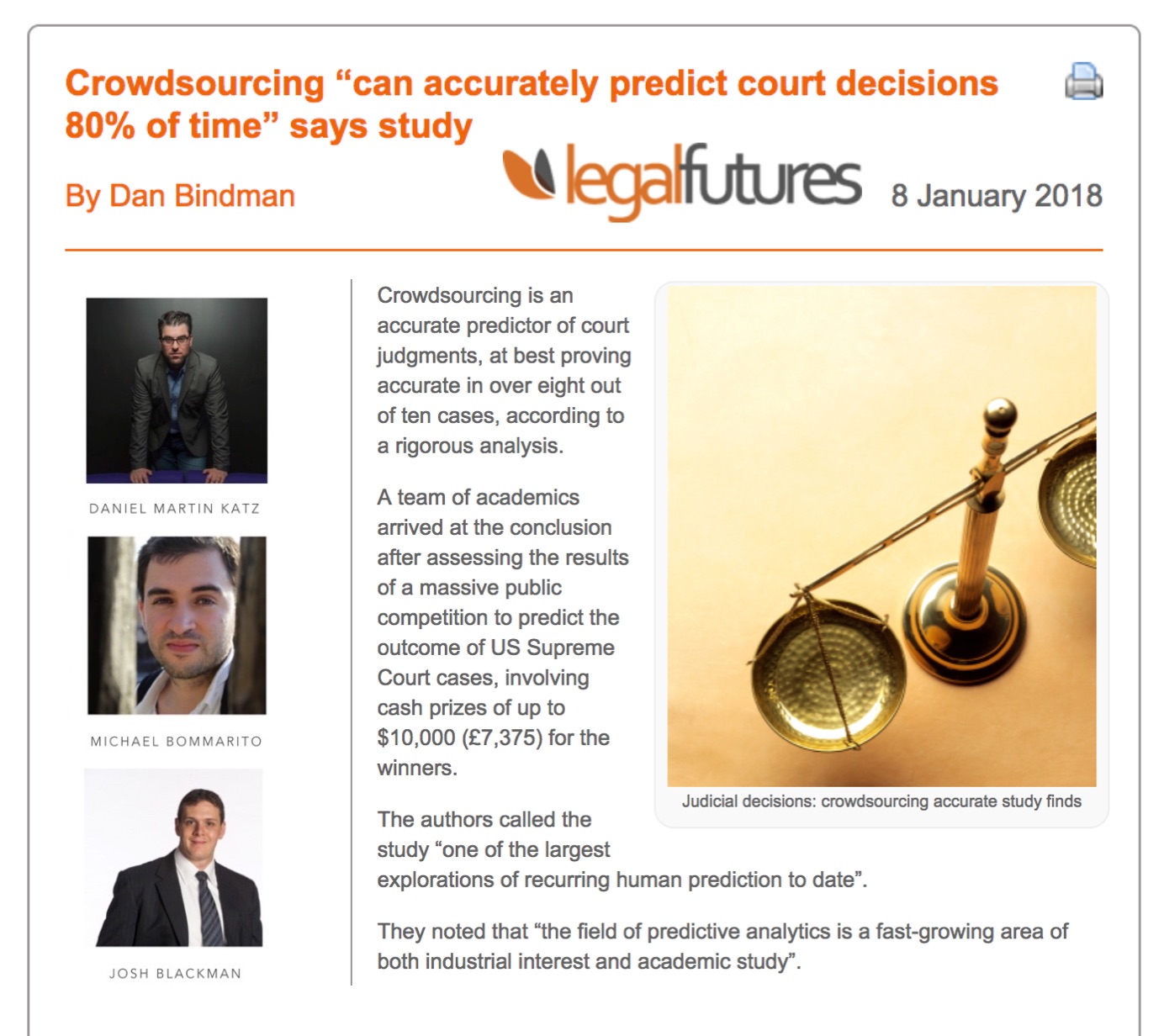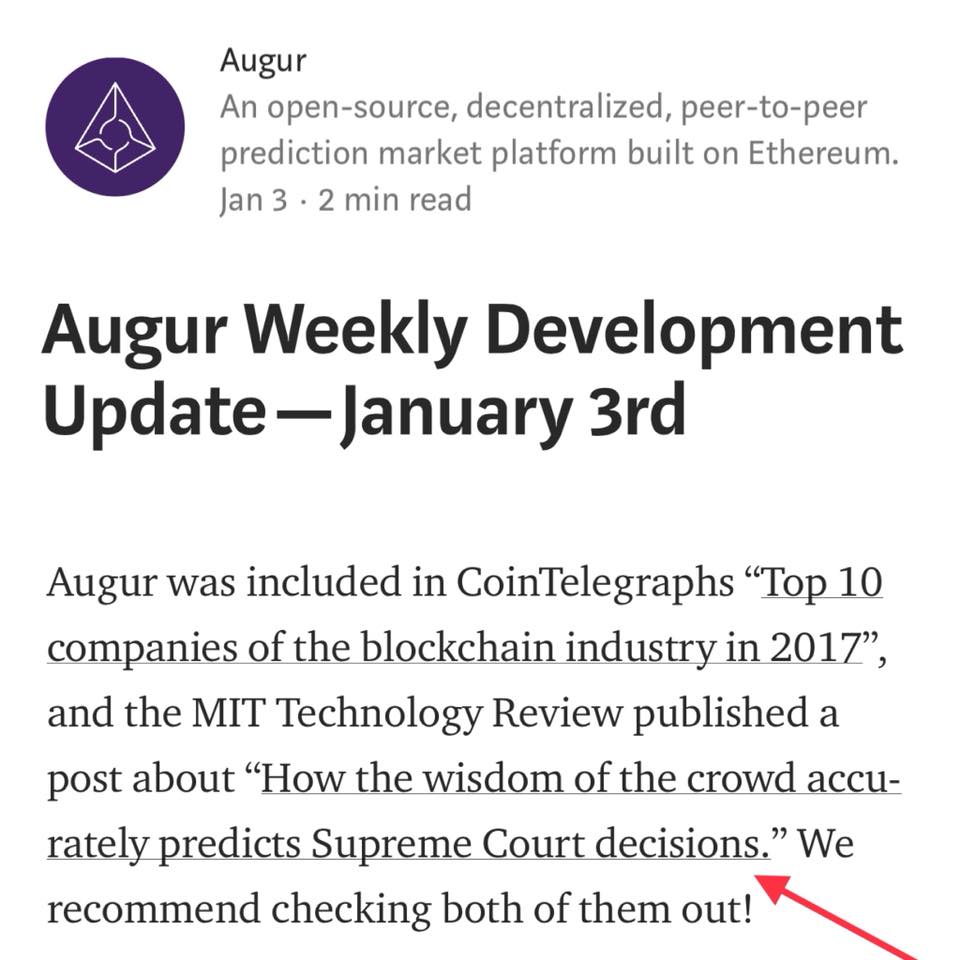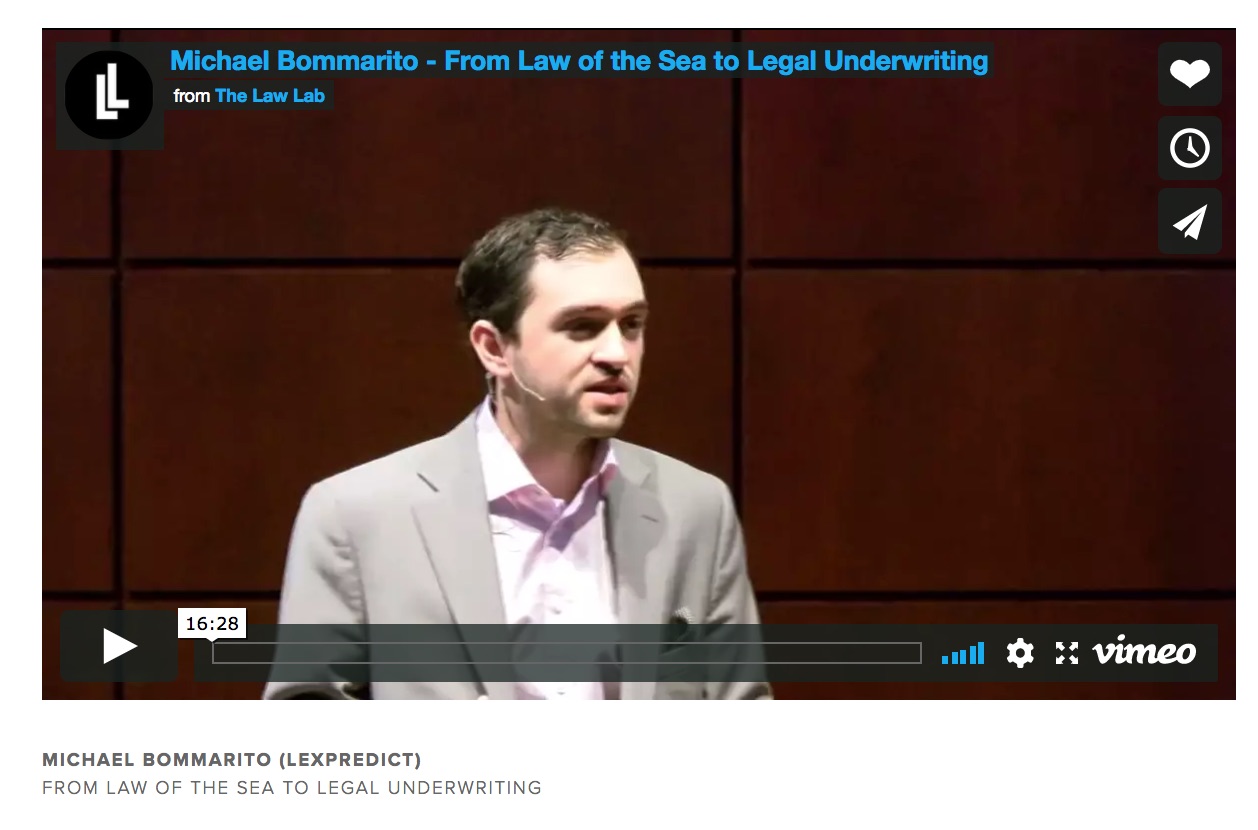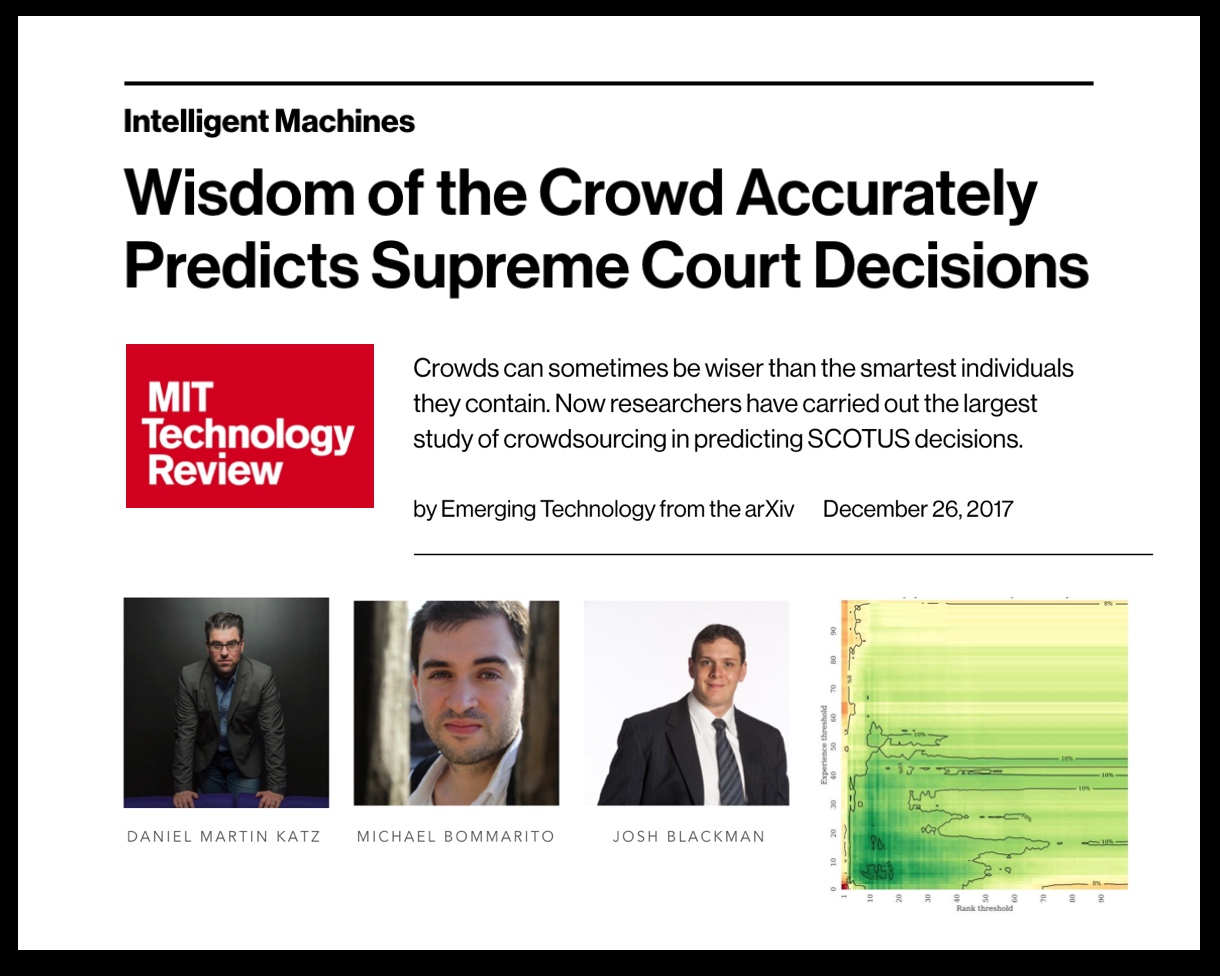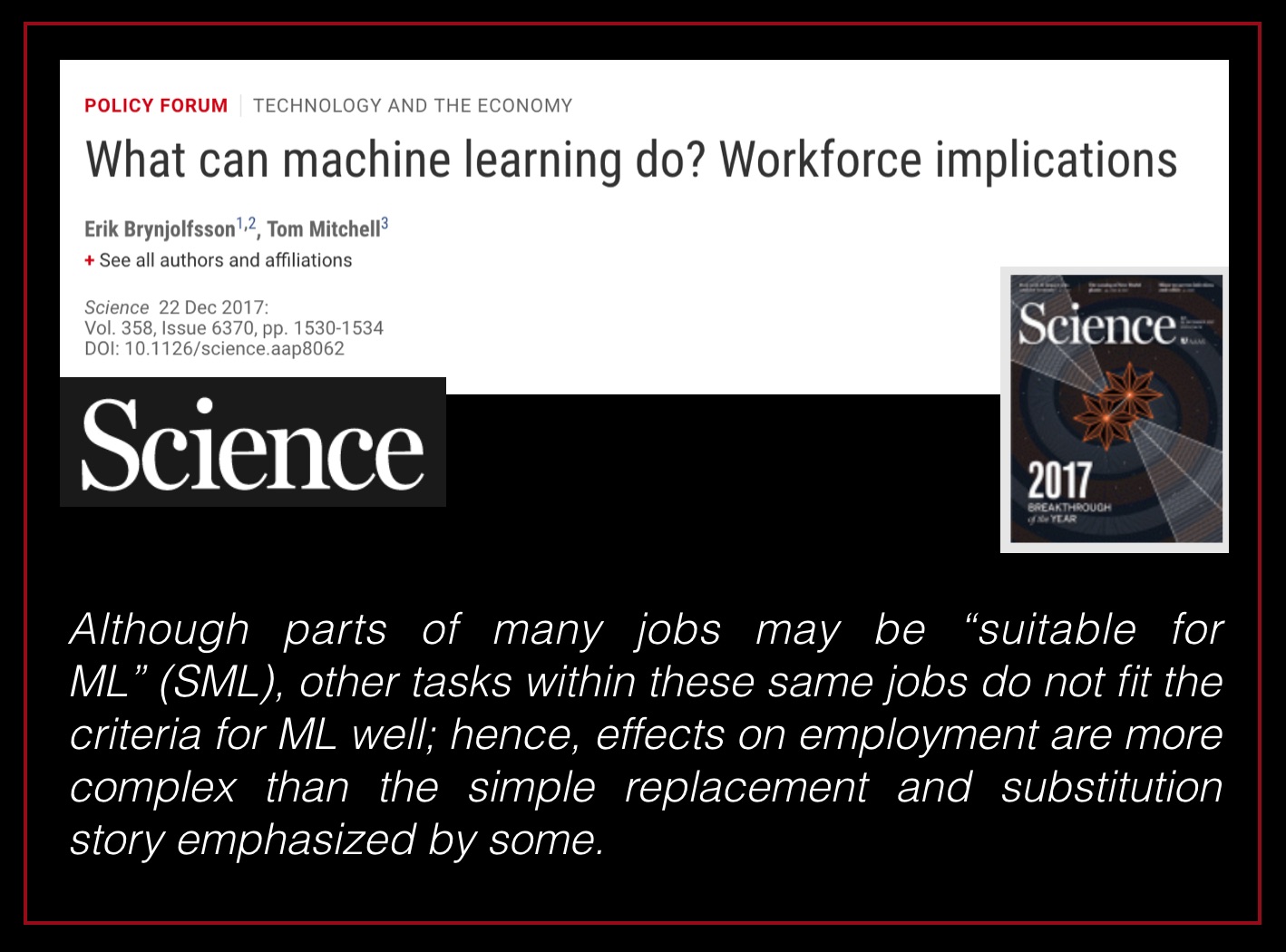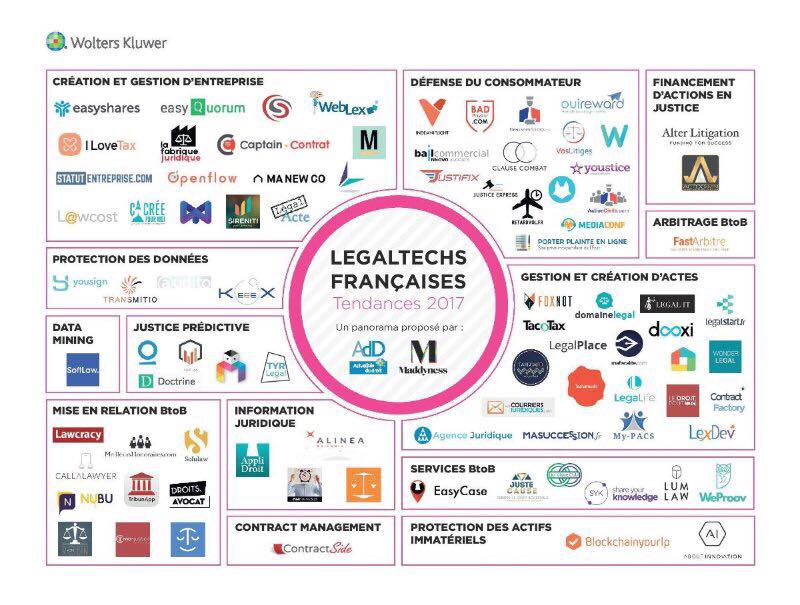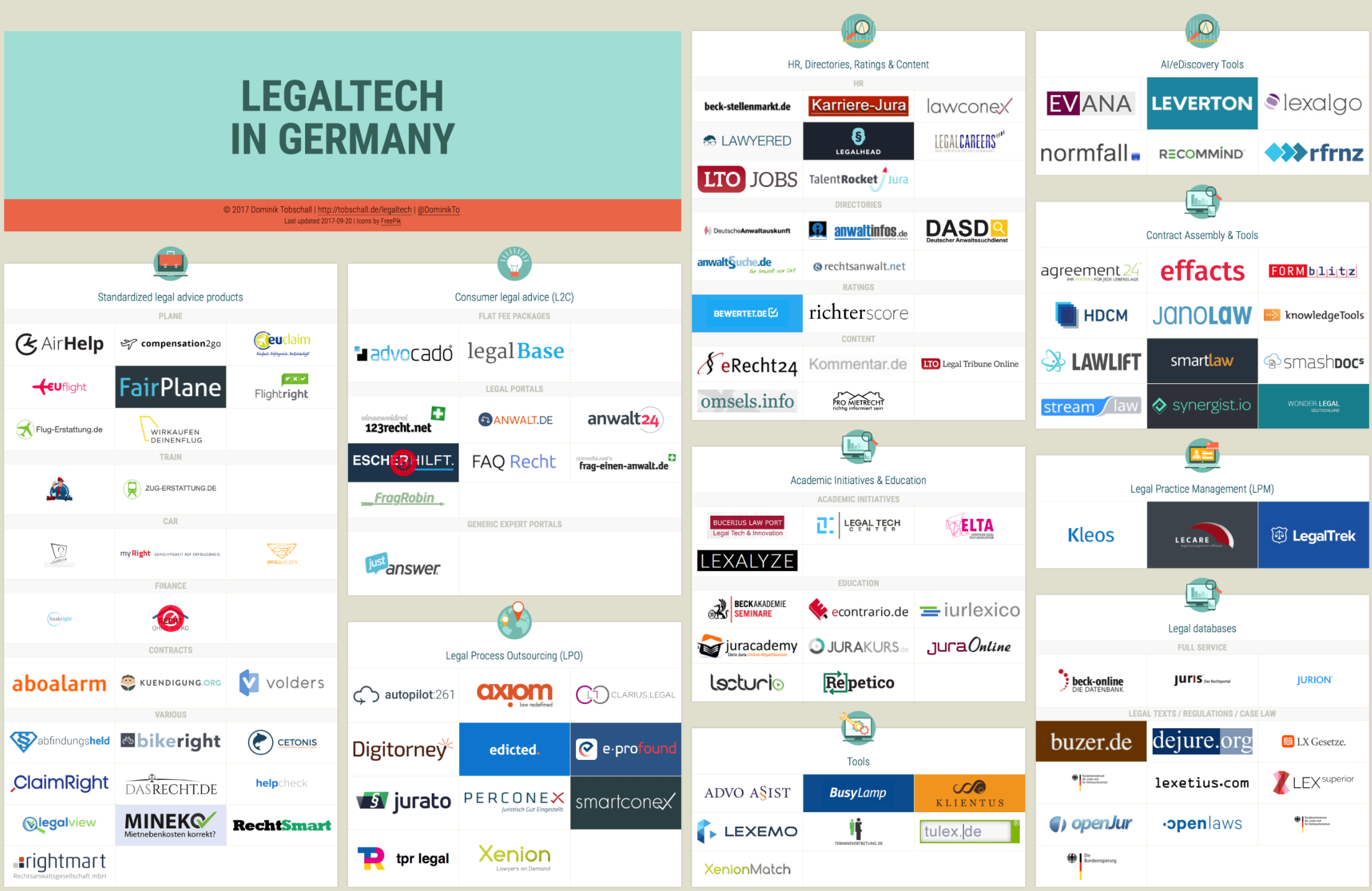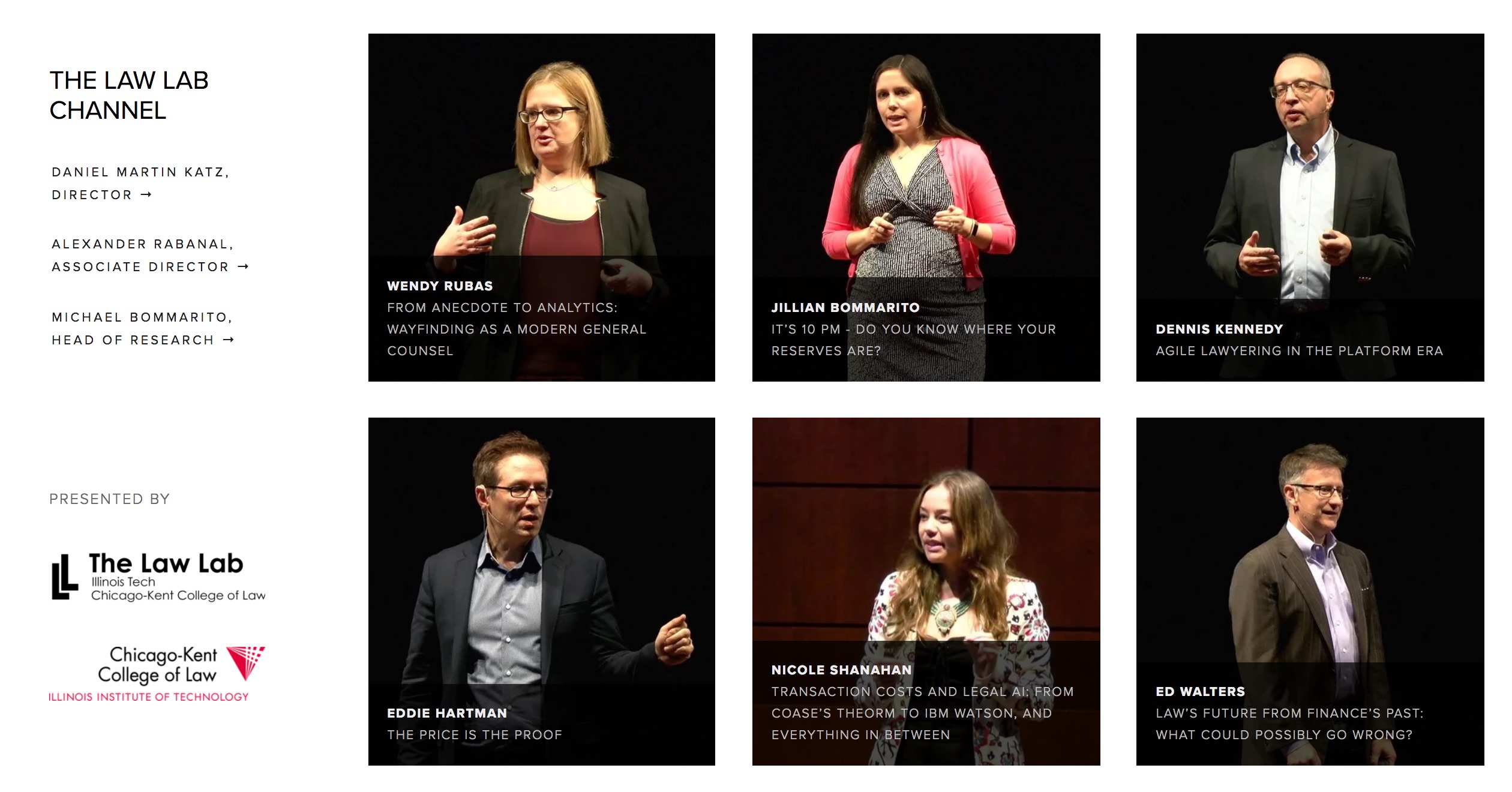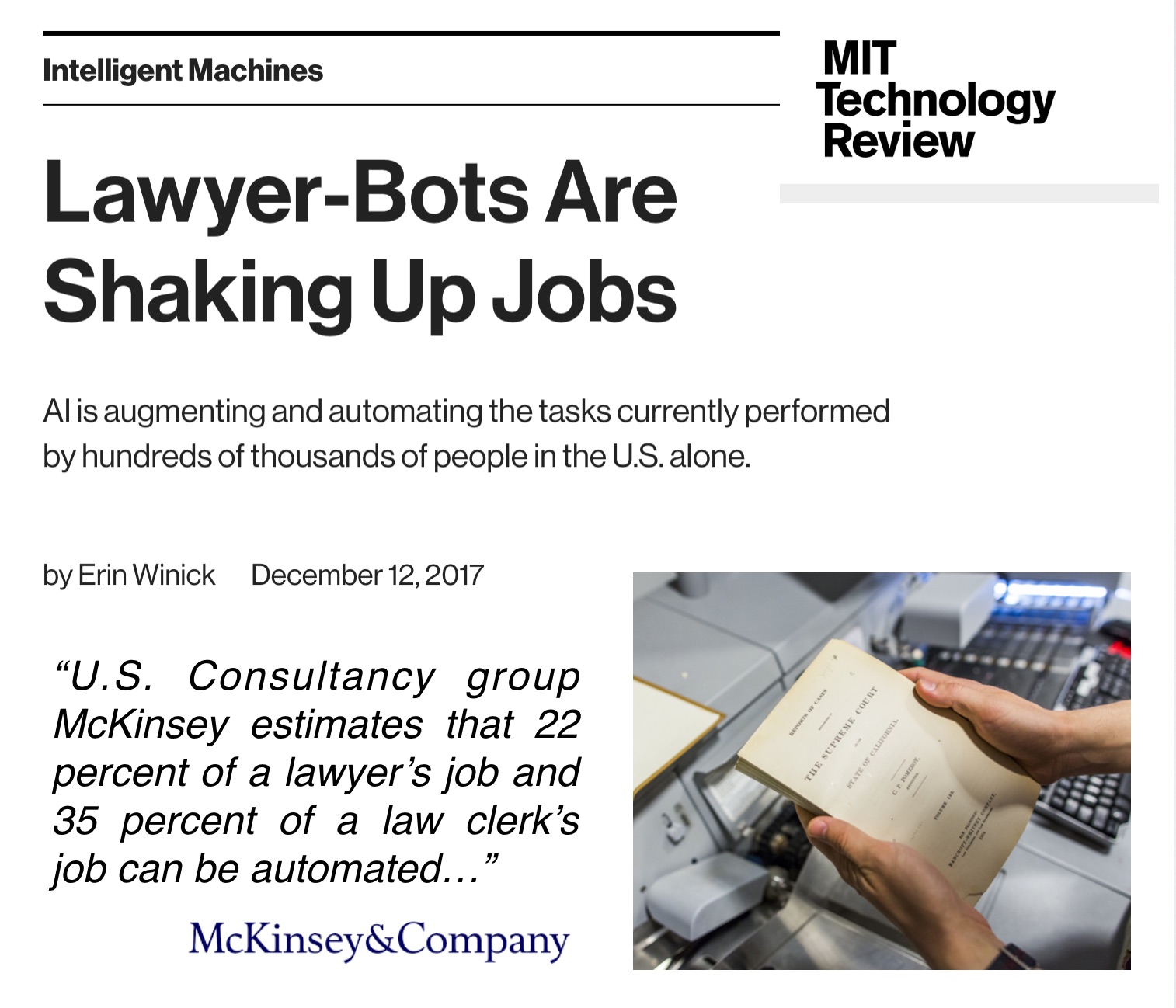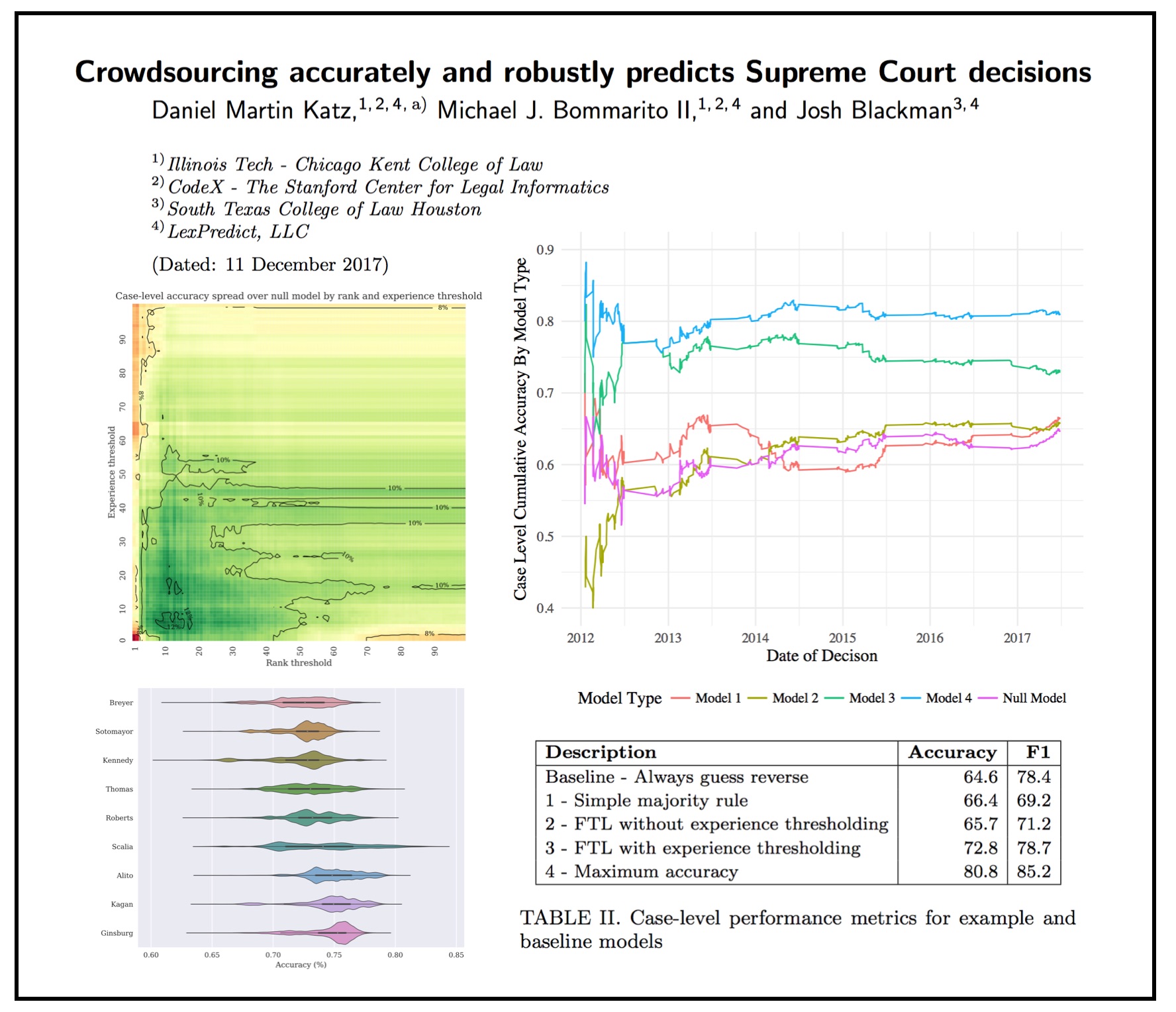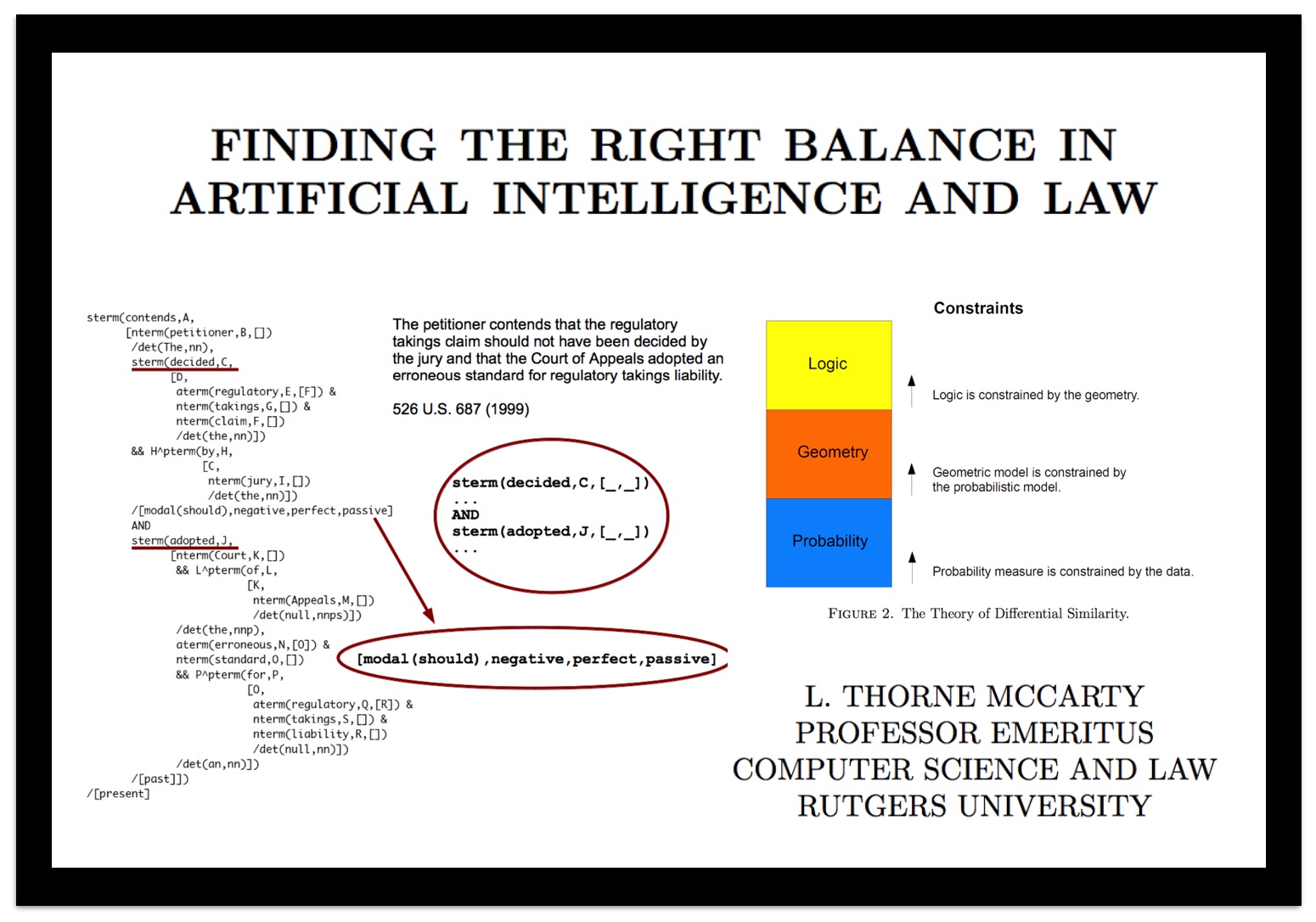Today Michael J Bommarito II and I were live in Ann Arbor at the University of Michigan Center for Political Studies to kickoff the tour for our #SCOTUS Crowd Prediction Paper — here is version 1.01 of the slide deck !
–
SCOTUS Crowdsourcing Paper Road Show (Presentation at University of Michigan Center for Political Studies / ISR)
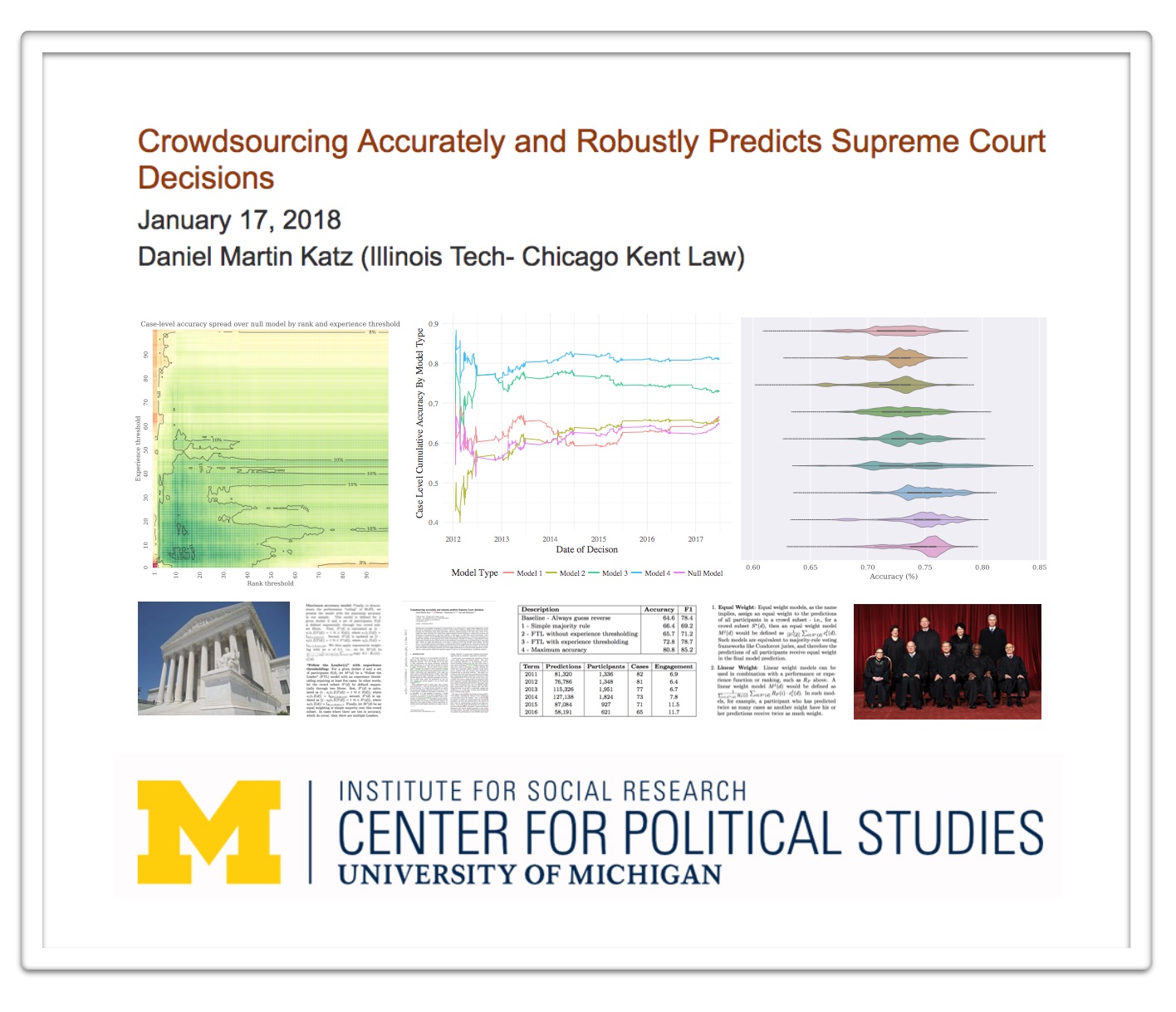 Excited to take the show on the road next week where we will be presenting our SCOTUS Crowdsourcing Paper at University of Michigan Center for Political Studies and at the University of Minnesota Law School.
Excited to take the show on the road next week where we will be presenting our SCOTUS Crowdsourcing Paper at University of Michigan Center for Political Studies and at the University of Minnesota Law School.
Our SCOTUS Crowdsourcing Paper Featured in Augur Development Update
Excited that our paper was highlighted on the Augur Weekly Development Update – It is about #SCOTUS as a use case but the formalization is in the general form – with implications for #Crypto #Oracles #Crowdsourcing
Mike and I are pretty hot on Augur, Ethereum and their potential applications across a wide set of use cases – so we are happy to see this recognition of our work.
Wisdom of the Crowd Accurately Predicts Supreme Court Decisions (MIT Technology Review)
See coverage of our paper in MIT Technology Review and access paper on arXiv or SSRN
Workforce Implications of Machine Learning – Brynjolfsson + Mitchell in Science
Regarding the quote above — we agree. However, it should be noted that the ‘simple substitution story’ works at the aggregate level over a period of time with the simple assumption that the tasks which comprise current jobs can be decomposed and recombined into new jobs. Certainly, institutions (both firms and public sector) will take some period of time to be able to repackage certain existing jobs. Thus, lags are to be expected. < Click Here to Access the Article >
Law on the Market? Abnormal Stock Returns and Supreme Court Decision-Making (Updated SlideDeck)
Here is an updated slidedeck from the presentation at the UChicago Judicial Behavior Workshop.
Six New Videos Added to TheLawLabChannel.com
WENDY RUBAS (VILLAGEMD)
FROM ANECDOTE TO ANALYTICS: WAYFINDING AS A MODERN GENERAL COUNSEL
JILLIAN BOMMARITO (LEXPREDICT)
IT’S 10 PM – DO YOU KNOW WHERE YOUR LEGAL RESERVES ARE?
DENNIS KENNEDY (MASTERCARD)
AGILE LAWYERING IN THE PLATFORM ERA
EDDIE HARTMAN (LEGALZOOM)
THE PRICE IS THE PROOF
NICOLE SHANAHAN (STANFORD CODEX)
TRANSACTION COSTS AND LEGAL AI: FROM COASE’S THEOREM TO IBM WATSON, AND EVERYTHING IN BETWEEN
ED WALTERS (FASTCASE)
LAW’S FUTURE FROM FINANCE’S PAST: WHAT COULD POSSIBLY GO WRONG?
Blockchain, Cryptocurrency + Law Course – ( Professor Nelson Rosario + Professor Daniel Martin Katz )
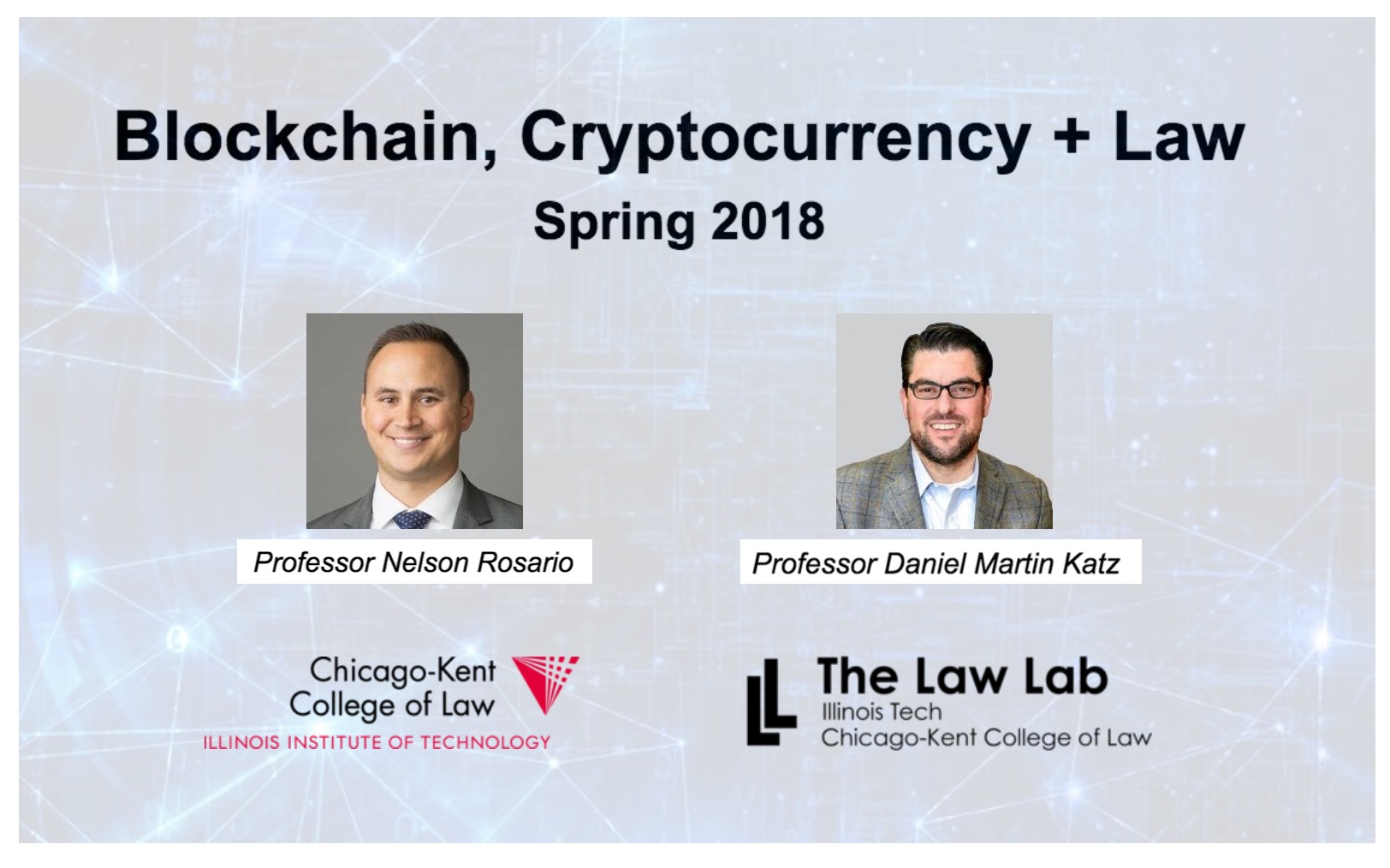
Next semester – I am looking forward to teaching Blockchain, Cryptocurrency + Law with CK alum Nelson Rosario – there is real demand for this class among our students – the class was full before registration was even complete — we have 50 students taking the class and had to turn away a number of students … #LegalTech #Blockchain #LegalInnovation #Hashtag
Crowdsourcing Accurately and Robustly Predicts Supreme Court Decisions — By Daniel Martin Katz, Michael Bommarito, Josh Blackman – via SSRN)
ABSTRACT: Scholars have increasingly investigated “crowdsourcing” as an alternative to expert-based judgment or purely data-driven approaches to predicting the future. Under certain conditions, scholars have found that crowd-sourcing can outperform these other approaches. However, despite interest in the topic and a series of successful use cases, relatively few studies have applied empirical model thinking to evaluate the accuracy and robustness of crowdsourcing in real-world contexts. In this paper, we offer three novel contributions. First, we explore a dataset of over 600,000 predictions from over 7,000 participants in a multi-year tournament to predict the decisions of the Supreme Court of the United States. Second, we develop a comprehensive crowd construction framework that allows for the formal description and application of crowdsourcing to real-world data. Third, we apply this framework to our data to construct more than 275,000 crowd models. We find that in out-of-sample historical simulations, crowdsourcing robustly outperforms the commonly-accepted null model, yielding the highest-known performance for this context at 80.8% case level accuracy. To our knowledge, this dataset and analysis represent one of the largest explorations of recurring human prediction to date, and our results provide additional empirical support for the use of crowdsourcing as a prediction method. (via SSRN)

 < Access the story here >
< Access the story here > 